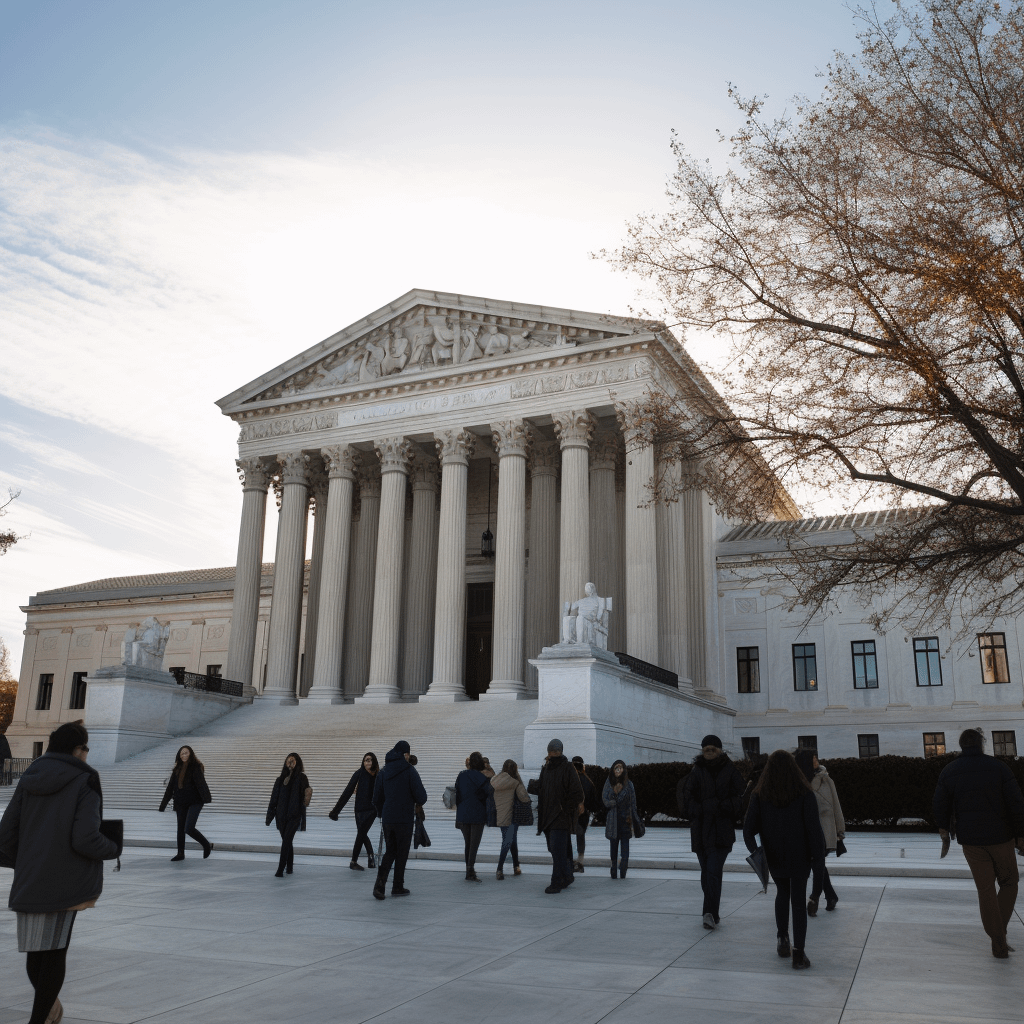Spotify’s year is not off to a great start. Two different songwriters have filed class action suits against the streaming music service, alleging copyright infringement. The first complaint, filed on December 28th, came from David Lowery, frontman of the groups Cracker and Camper Van Beethoven, who is accusing the company of distributing the copyrighted music of a substantial number of songwriters without acquiring the proper licenses or identifying the copyright owners in order to pay them, beforehand. Songwriters usually own the copyrights to song compositions (lyrics and music) and, therefore, are entitled to royalties whenever songs are streamed on the internet or played on broadcast and satellite radio. Lowery pointed out that four of his songs were unlawfully made available for streaming. He is seeking $150 million for the class.
Lowery has been incredibly vocal about songwriter royalties, which are paltry currently because more and more people are turning to free or subscription streaming and away from downloads and CD purchases, which traditionally paid more. Non-interactive streaming music services, like Pandora, iHeartMedia, AccuRadio, and SiriusXM, receive compulsory licenses under the Copyright Act, and were recently hoping to lower their individual royalty rates for the 2016-2020 period. Copyright holders make between $0.006 and $0.0084 per stream on Spotify (which is an interactive service and has to obtain licenses and negotiate royalties with owners on its own), meaning that it takes more than a hundred plays to earn at least a dollar. Two years ago, in a New York Times article, Lowery explained that he made $440 in royalties in 2012 from the first Camper Van Beethoven album, which was released in 1985, compared to the $1,147 he made in 2002. Sure one could argue that the declining popularity of the album accounts for the change, but the value of record sales and streams dropped almost 50% between 2002 and 2012.
The second class action suit, filed on January 8th, against Spotify came from Melissa Ferrick. She alleged much of the same thing as Lowery regarding the copyright infringement, and she pointed out that Spotify doesn’t really have a system in place to even properly request licenses and pay out royalties. Just last month, the company admitted this, following the same accusations that Lowery and Ferrick are suing for, and said it was working on developing one, even as it blamed U.S. copyright laws for being complex. The company will work with the National Music Publishers’ Association to create a large database for license and royalty management. Spotify currently owes somewhere been $17-$25 million in royalties. Ferrick, however, is seeking $200 million for herself and other songwriters.

Where creative minds come together
In class action lawsuits, the claims of people who have suffered the same harm from the same company or organization are joined and decided in one case, even though all of them are not listed specifically as plaintiffs. A class action suit benefits claimants who may not be able to afford to sue on their own, and it eases the burden on the court system.
For more information on copyright infringement and royalties, contact The Fried Firm.



